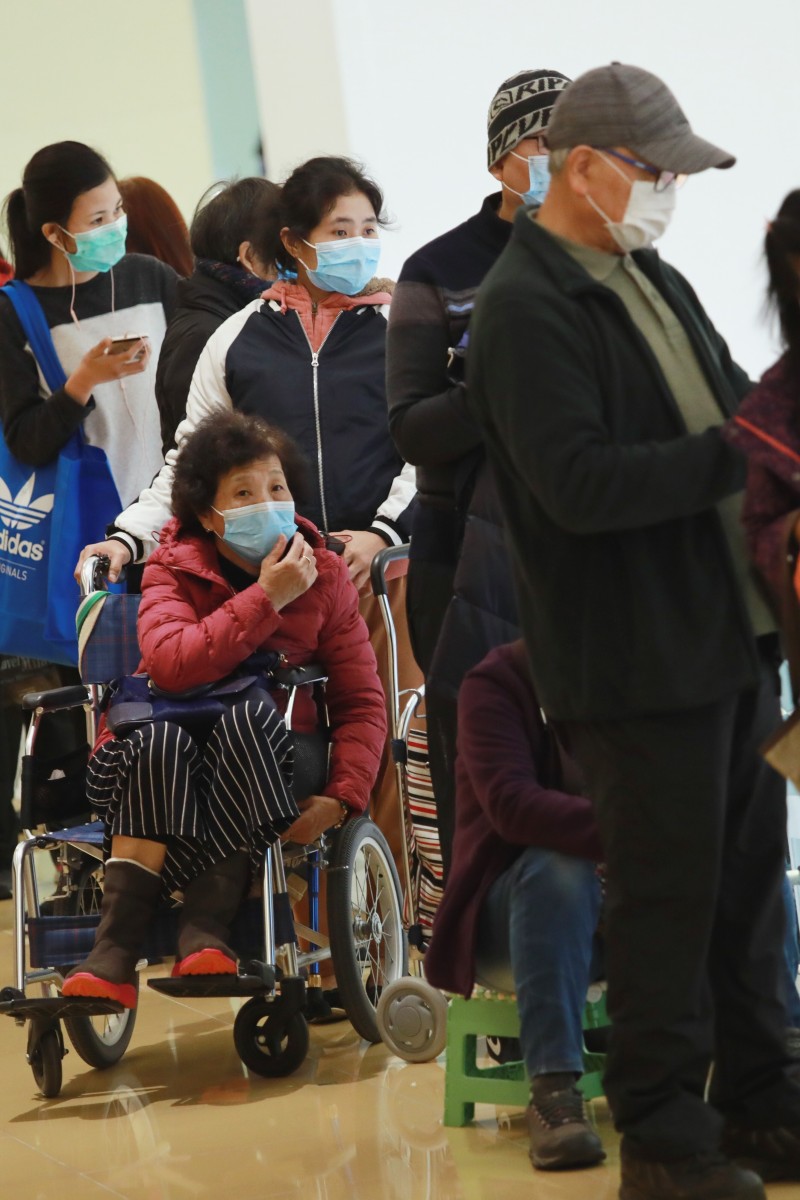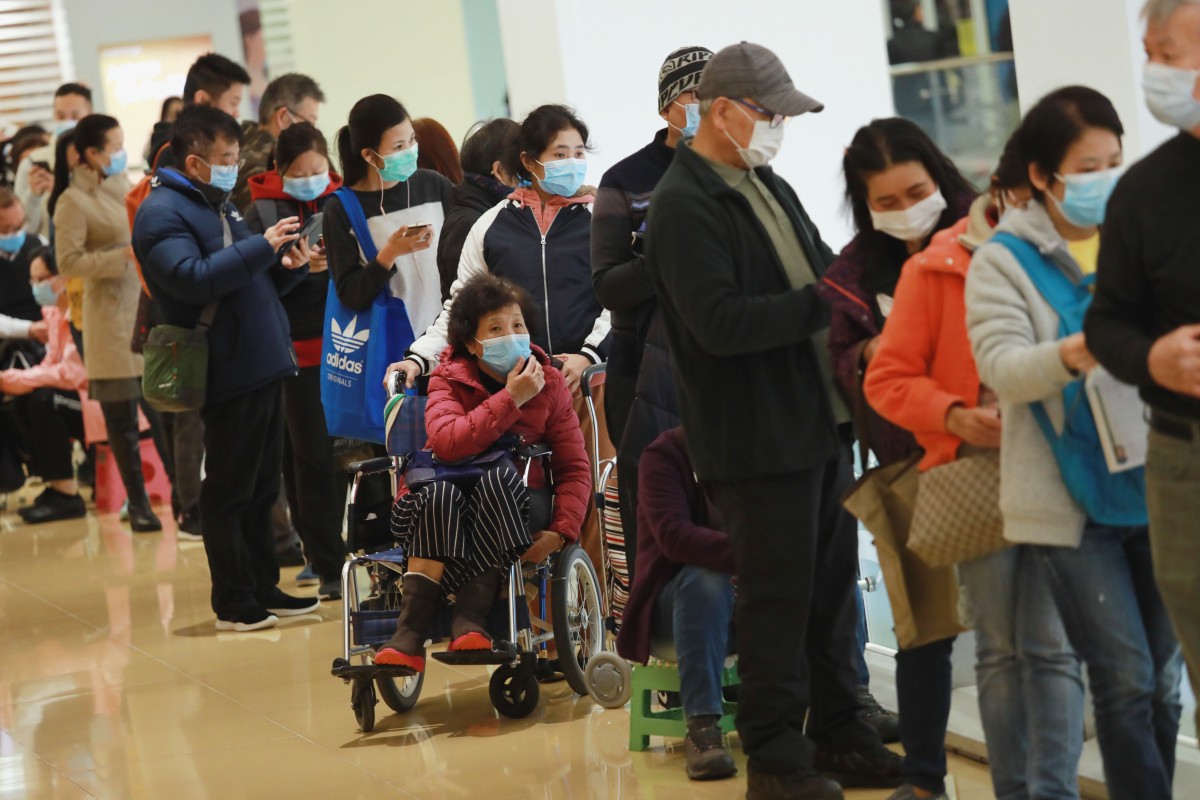
Coronavirus: Do face masks work against Covid-19? Experts say it depends
Though face masks can block large droplets from a sneeze or cough, they do not offer absolute protection against infection
 Masks are now it short supply, but do they really work?
Masks are now it short supply, but do they really work?Many people all over the world are buying face masks in hopes of protecting themselves against the new coronavirus. Some companies have asked their staff to wear them on duty, while schools in South Korea have asked parents to put masks on their children and to use hand sanitiser frequently.
But do the masks work? It depends.
All viruses are small enough to get through a typical strap-on medical mask, but the germs don’t generally spread through the air one at a time, said Dr Mark Denison of Vanderbilt University Medical Centre in Nashville. Denison studies severe acute respiratory syndrome (Sars) and Middle East respiratory syndrome, which are coronaviruses, the same family as the new virus.
Wuhan virus: A timeline of the outbreak related to the deadly Sars coronavirus
Instead, viruses ride from person to person on droplets from a sneeze or cough. Those droplets land on hands and other surfaces, where they are touched by others, who then touch their own eyes, noses or mouths.
Masks can block large droplets from a sneeze or cough. That means they have some value, Denison said.
Also, someone in a mask can’t touch their own nose and mouth. That can prevent the wearer from picking up germs left on surfaces by someone who is sick, he said.
Masks are “a very sensible precaution“ while scientists work to study exactly how the new virus is transmitted, said University of Oxford researcher Trudie Lang.
None of this, however, is based on rigorous research. Nobody has compared groups of masked and unmasked people by exposing them to the new germ, Denison said. A 2017 review of studies in health care workers suggested masks offer some protection against SARS, but the authors noted “existing evidence is sparse and findings are inconsistent.”
The best way to avoid getting sick from the new virus is to wash your hands with soap and water. If soap and water aren’t available, use an alcohol-based hand sanitiser. That’s the same advice for avoiding regular cold and flu viruses.
Wuhan virus: Learn this key trick to protecting yourself
The Centres for Disease Control and Prevention (CDC) in the US recommends masks for people being evaluated for the new virus, people confirmed to have it, household members and caregivers. Airline crew should offer a face mask to a sick traveller, the CDC said.
Health care workers treating patients with the new virus are advised by the CDC to take additional precautions such as goggles or face shields.
Unicef said Wednesday it has shipped six metric tonnes of respiratory masks and protective suits to China for use by health workers.
Masks have been commonly used in some countries when wearers are sick, fighting allergies or on days when air pollution is bad. The new virus has fuelled demand for them around the world.
Respilon, a Czech company that makes its “nanofibre” masks in China, sold 700,000 of them last year worldwide. Since last week, it received orders for 7 million more. The problem: It cannot make any because the Chinese government extended the Lunar New Year holiday in a bid to contain the virus’ spread.
In Taiwan, where the holiday is over, factories are up and running. Premier Su Tseng-chang said the government had already distributed 23 million masks and that Taiwan will be able to produce 4 million more a day.
A mask factory in Shanghai has gone into overdrive despite the holiday.
“We are now working 24 hours, 2 shifts a day, 12 hours shift,” said Liao Huolin, president of the mask company. “We violated labour law,” Liao said, “but the workers understand.”